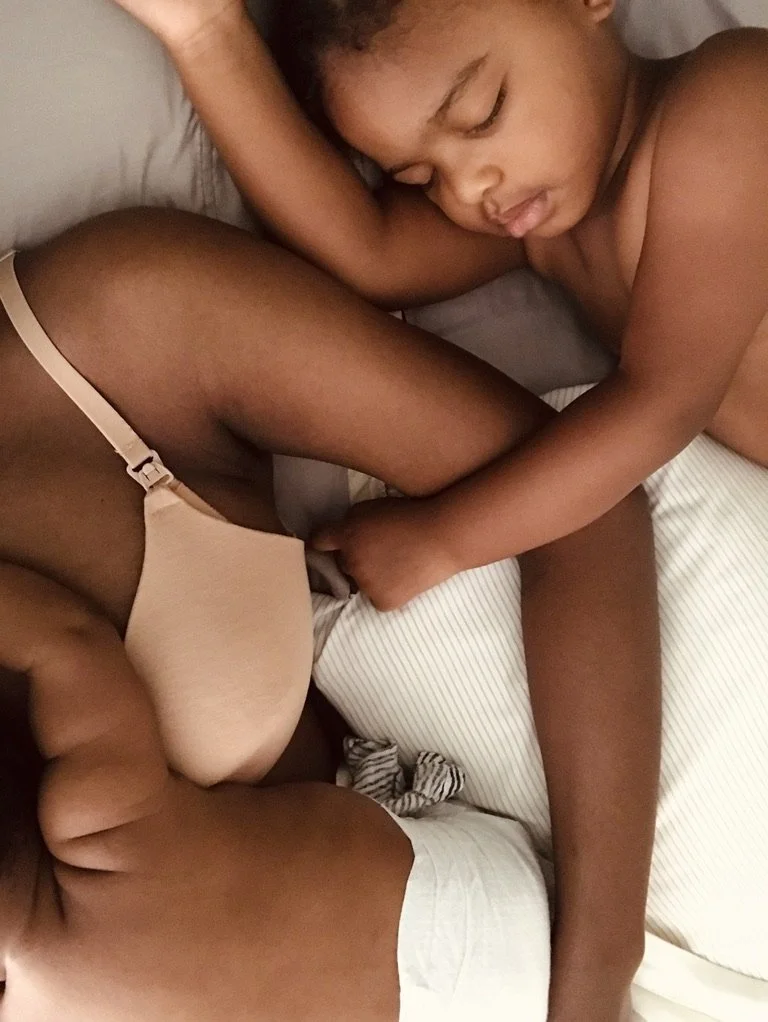Fruit of Grace
I had a live discussion with a friend and mentor about motherhood and a subsequent conversation about gentle parenting ensued: “how am I preparing my kids for the rough world by acting soft with them all day?” asked one of our viewers.
Before then I hadn’t put much independent thought into the idea of gentle parenting, I just knew it sounded good and it was trending. Here I was pursuing a life of intentionality and decided that I would implement gentle parenting because people on social media told me spanking and raising my voice at my kids would traumatize them. While the latter may in fact be true, it wasn’t until my response to the question came pouring out of me, as though I’d given it some deep thought, that I truly understood, for myself, what gentle parenting meant and made the determination as to whether this parenting style was for me.
I can’t recall the exact answer I gave during the live chat that day but whatever it was sat with, poked and prodded me during the weeks that followed. What I didn't know was that as the truth behind gentle parenting began to unravel, I was taking yet another necessary step in my healing journey.
I was introduced to the gentle parenting approach in 2017 as I was preparing to become a mother myself. It was a conversation mostly dominated by non Black influencers that lived in clean homes, usually a stay at home mom, whose house, kids and dog all appeared immaculately groomed all the time, their photos with a beautiful preset that appeared to be a real life gloss over their perfect lives.
It took the Black and Brown community some time to enter the space and receive their fair share of air time, but when we did, it wasn't through the polished little squares, I was used to seeing across social platforms. “Wow, faces and spaces that resemble mine!” I thought. I was equally excited and anxious, because while I welcomed the cultural representation, I could no longer shake off the approach as “white people stuff.”
However, the more I listened to our people talk about gentle parenting and what it means, the more I found my qualms with the way the concept of gentle parenting was being presented. We’ve been glorifying the “fruit” without honoring the “seed.” You see, gentle parenting (the fruit) is a byproduct of gentleness (the seed) which comes from the concept of grace (the tree). We can’t encourage gentle parenting without truly understanding grace.
What comes to mind when you think about grace? When I think of grace I think of complete and total forgiveness. If we’re honest with ourselves, even when we attempt to forgive, it's mostly conditional- “you're forgiven but don't do it again,” “you're forgiven but only if you do X,Y,Z,” and so on and so forth.
When we truly accept grace, we accept that although we were undeserving of someone’s forgiveness we still received it. And when we truly forgive, we release ourselves and others from the impact of our imperfections. Humility makes room for gentleness, because we are now aware that we’re all one misstep away from needing someone else’s forgiveness.
The more cognizant of grace we become, the more gentle we are with ourselves. That gentleness pours out of us covering those closest to us (our spouses and/or children) but eventually impacting everyone around us (family, friends, coworkers, people on the internet). The thing is gentle parenting isn’t a new phenomenon or trend. It isn’t something for white people, or the wealthy, it’s not only for parents, or even for children. Gentle parenting comes from a space of Gentle Living.
Gentle parenting isn't about being “soft” on our kids, it's about cultivating a safe space for them to learn from their mistakes instead of learning how to avoid our reactions. It’s about extending complete and total forgiveness knowing that they’ll continue to make mistakes as they try to navigate life. It’s about being humble enough to admit that we ourselves wish someone would be “soft” with us.



